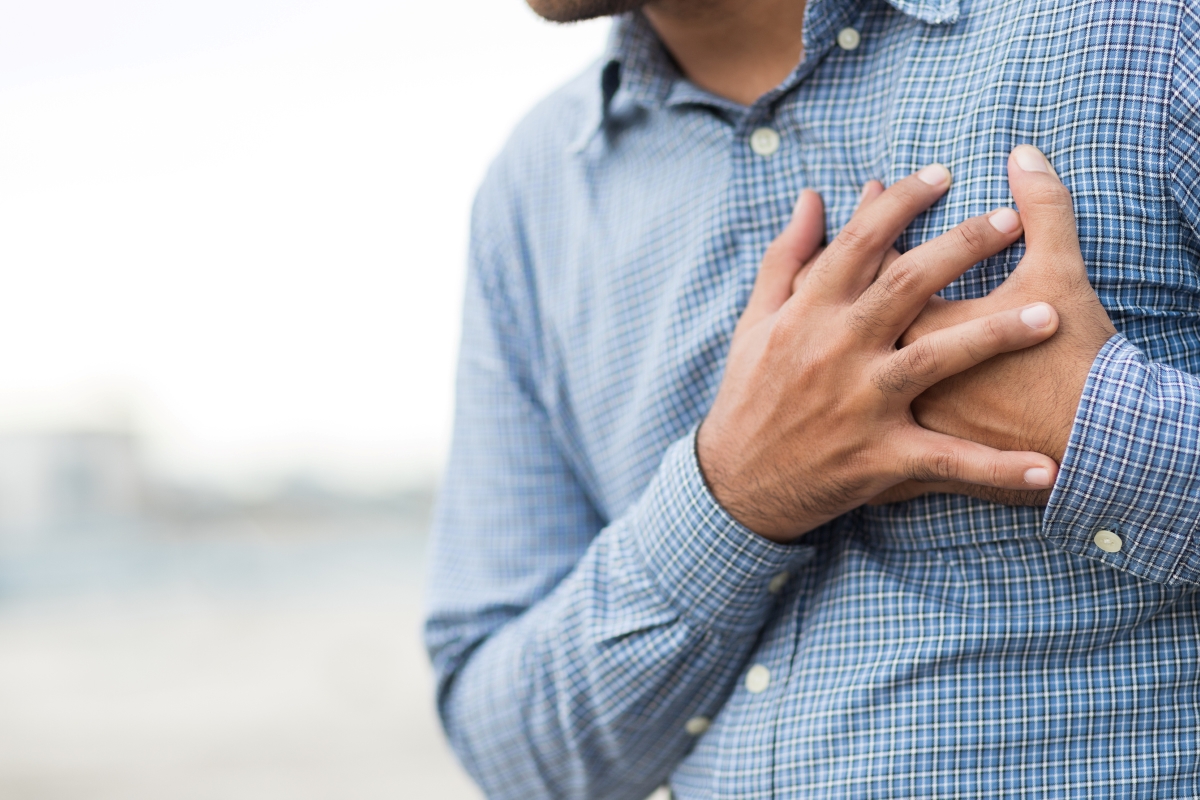
The Centers for Disease Control and Prevention reports that heart disease is the leading cause of death for men in the U.S., with 1 in 4 males dying from the disease.
Nearly half of the men who die suddenly from heart disease have no previous symptoms.
Oftentimes, you may not display any symptoms, but you still may be at risk for heart disease.
Exactly what is heart disease? Heart disease is an umbrella term including several issues.
Arrhythmias occur when there is a problem with the rate or rhythm of your heartbeat. This means your heart beats too quickly or too slowly, or it has an irregular pattern. The most common type of arrhythmias is called atrial fibrillation, which causes an irregular and fast heartbeat.
Coronary artery disease may develop when the major blood vessels that supply your heart with blood, oxygen and nutrients become damaged. Having plaque in your arteries usually causes inflammation and is typically the blame for coronary artery disease. This disease is also the most common type of heart disease in the U.S.
Heart failure does not necessarily mean your heart has “failed.” It means your heart muscle doesn’t pump blood as well as it should. There are certain conditions — narrowed arteries or high blood pressure — which can slowly leave your heart too weak or stiff to fill your heart and pump efficiently.
If you experience pressure or a squeezing feeling in your chest, there is a chance that it is angina. You may feel like you’re having a heart attack, but it is often just a warning sign. Angina occurs because there isn’t enough blood flowing to part of your heart — something is blocking the arteries. It can sometimes be a symptom of a life-threatening heart problem, but it usually goes away quickly.
Men are more likely than women to experience some of the well-known heart attack symptoms:
- Crushing chest pain.
- Shortness of breath.
- Cold sweats.
- Nausea.
- Pain in the arm, jaw or back.
- Squeezing or fullness in the chest.
Reports have also shown men tend to develop coronary artery disease much earlier than women.
So, what can you do to prevent heart disease?
- Don’t smoke. Smoking cigarettes can vastly increase your risk for heart disease.
- Maintain a healthy weight. Being significantly overweight can increase your risk for heart disease.
- Exercise regularly. Any physical activity can help you maintain a healthy weight, and lower your blood pressure as well as your cholesterol.
- Limit your alcohol consumption. Too much alcohol can cause high blood pressure.
<8 ways to take care of your heart>
Learn more from Northside Hospital Heart Institute.

